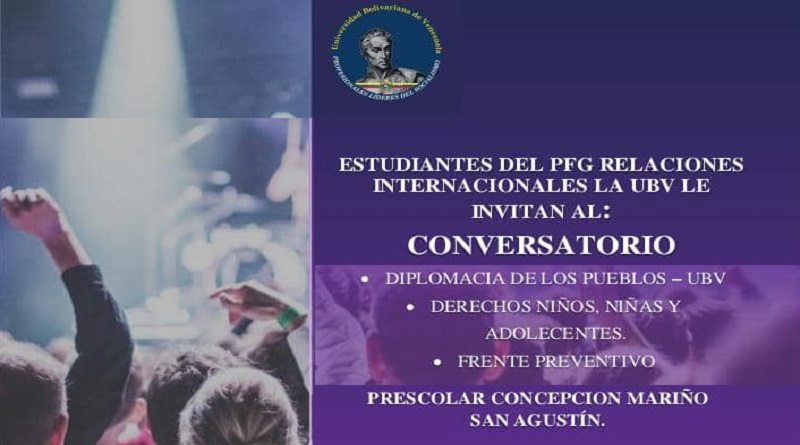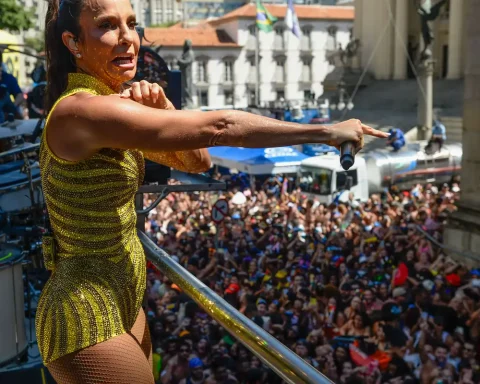Cra. Liliana Sierra – Accounting & Outsourcing – [email protected]
sustainable vs. sustainable
When you are not familiar with the theme, it is possible that you do not know how to distinguish them because, although they have edges in common, they are different concepts:
Sustainable is by definition a process that includes the preservation, conservation and protection of natural resources. On the other hand, the Sustainable seeks to ensure healthy processes to satisfy the social and economic needs of human beings.
Sustainable takes into account the processes described above that aim to achieve profound change: environmental, social, economic, political and cultural; while Sustainable focuses on the defense and rational use of resources.
Sustainable Development Goals
The United Nations General Assembly, in which Uruguay participates, adopted in September 2015 the 2030 Agenda for Sustainable Development. This action plan considers environmental, social and economic aspects and frames them in the so-called Sustainable Development Goals (SDG). Said action plan is made up of 17 objectives with 169 associated goals and their respective indicators. This approach of the United Nations implies a harmony between the three dimensions: economic, social and environmental.
The Uruguayan agenda with a look at the SDGs
Uruguay assumes the SDG agenda and the public budget is a central tool to fulfill it. The monitoring of the agenda implies, among other actions, the preparation of voluntary reports (VNR) by the countries involved. The first Report was presented by Uruguay in 2017 and the fourth and last VNR presented was in 2021.
In this report, mention is made of the so-called Decade of Action, which, as its name indicates, implied accelerating the pace to achieve the objectives set in the year 2030. In addition, a chapter is presented with the Integral Reforms for a sustainable development of Uruguay, which imply an approach to issues that are transversal to the 2030 Agenda and to the strategic priorities that the country considers: Social Security, education and financing for development.
Uruguay as an example of Sustainability according to the World Economic Forum
In an article published in January 2023, Uruguay is placed as an example country in sustainability:
Four fundamental aspects
1. Investment in renewable energy
By 2015, investment in renewable energy already reached 15% of the country’s GDP, well above the world average. Years later biomass, solar energy and some 50 wind farms have replaced the use of oil from the grid in the country. The investment in renewable energy in the last decade encouraged the growing export of surpluses as green electricity, being able to also sell certified energy from renewable sources to companies.
2. Electrification of transport
Uruguay is taking measures in the transport sector to promote the use of electric vehicles. The country includes tax reductions on the purchase of electric vehicles and reduces the costs of permits for electric taxis. Since 2020, 31 electric buses were incorporated and currently of the 3,000 taximeter licenses, 103 are electric. Progress is expected to reach 200 zero emission units next year.
3. Efforts to reduce methane emissions
By being among the 10 main world exporters of beef, Uruguay has committed to combating methane emissions, being one of the 150 countries that have signed the Global Commitment against Methane, whose objective is to reduce them by 30% in this decade. Along these lines, Uruguay began to export meat with carbon neutral certification to Europe, with the ‘Cradle to Gate’ carbon footprint label, being a pioneer in Latin America.
4. An expanding green business ecosystem
Uruguay is attractive to investors because of the companies that settle there, attracted by the stability of its economy and its sustainable energy, and it has contributed to the vitality of the ecosystem of ecological start-ups. These green businesses represent an important economic opportunity, and would clearly accelerate the socioeconomic development of the country, while promoting sustainability for the planet.
A long road ahead
As they are objectives set for 2030, the SDGs transcend government periods, turning them into national objectives whose achievement requires state policies in the medium and long term. To date, no signatory to the treaty has met or come close to the targets, which suggests that it will be difficult to achieve the desired goal.
Uruguay is no exception to this, although it reaches relevant positions in comparison with the region and even, in some cases, with developed countries. But do not forget, it is an effort of all, not only of the State or Government.















